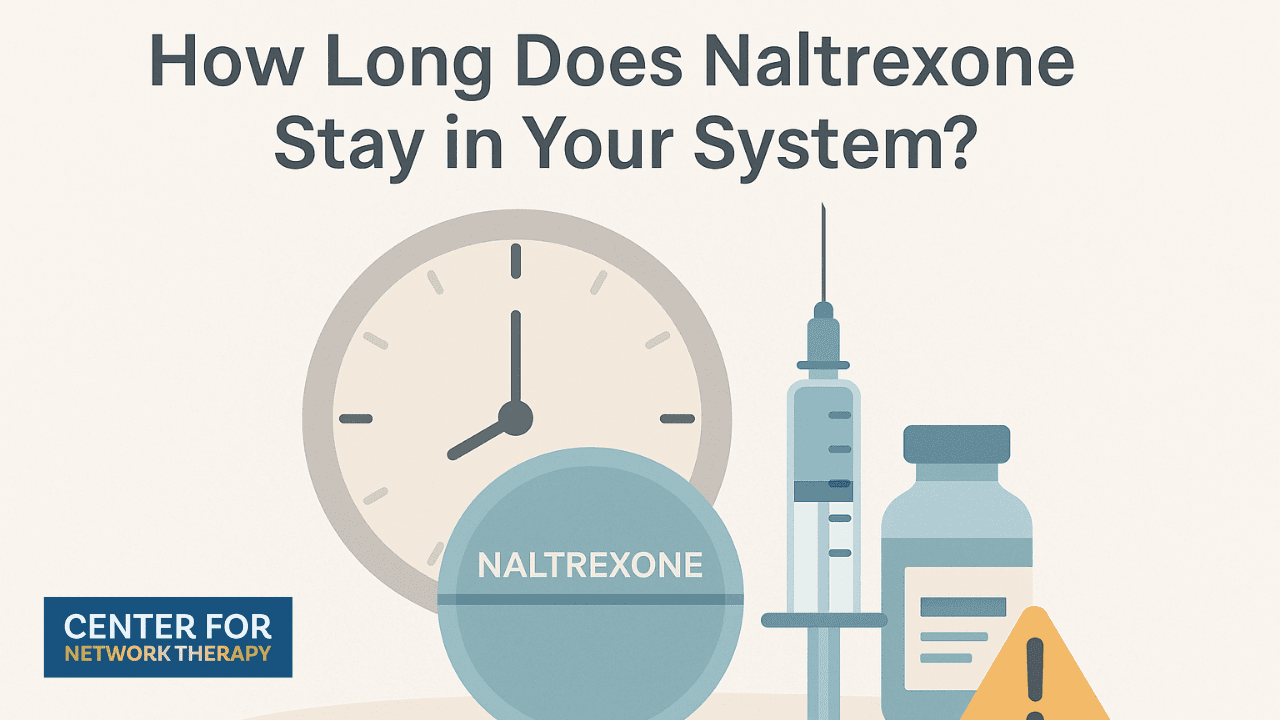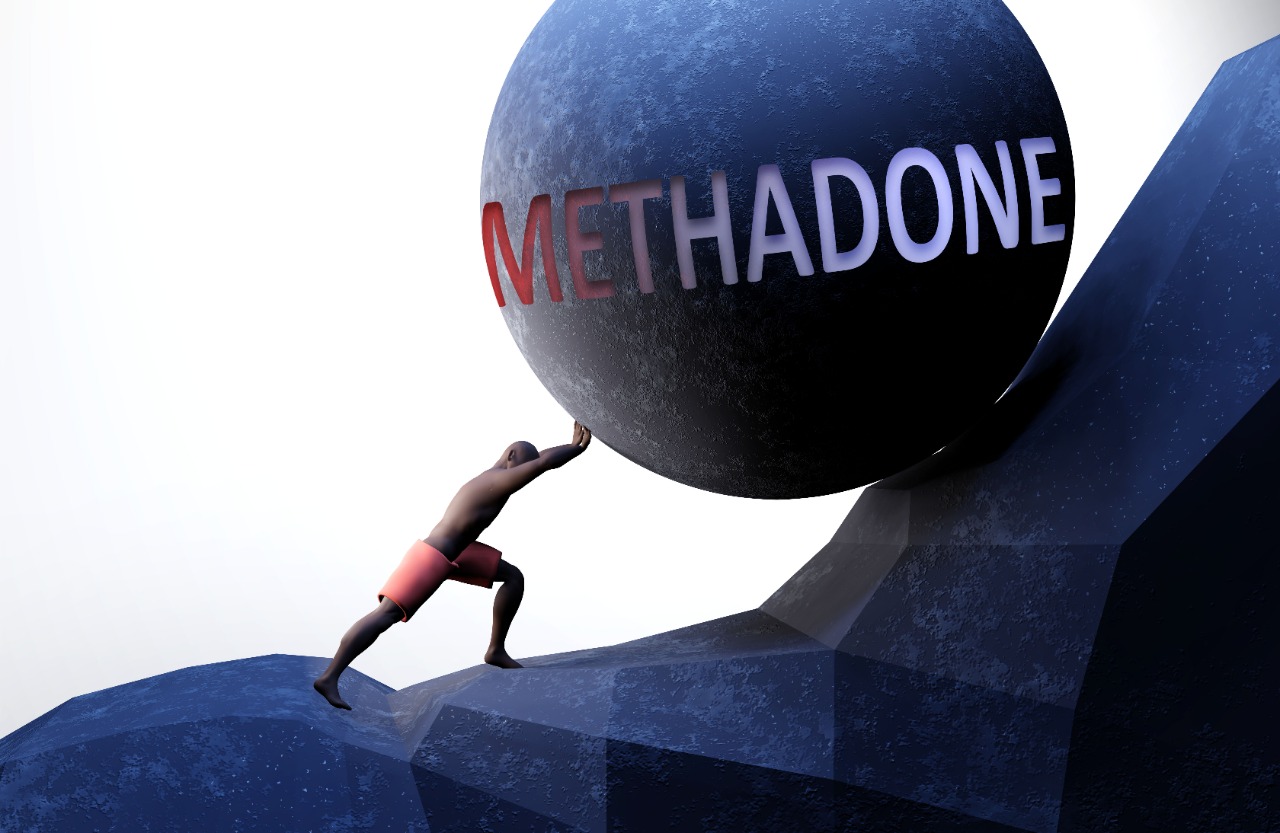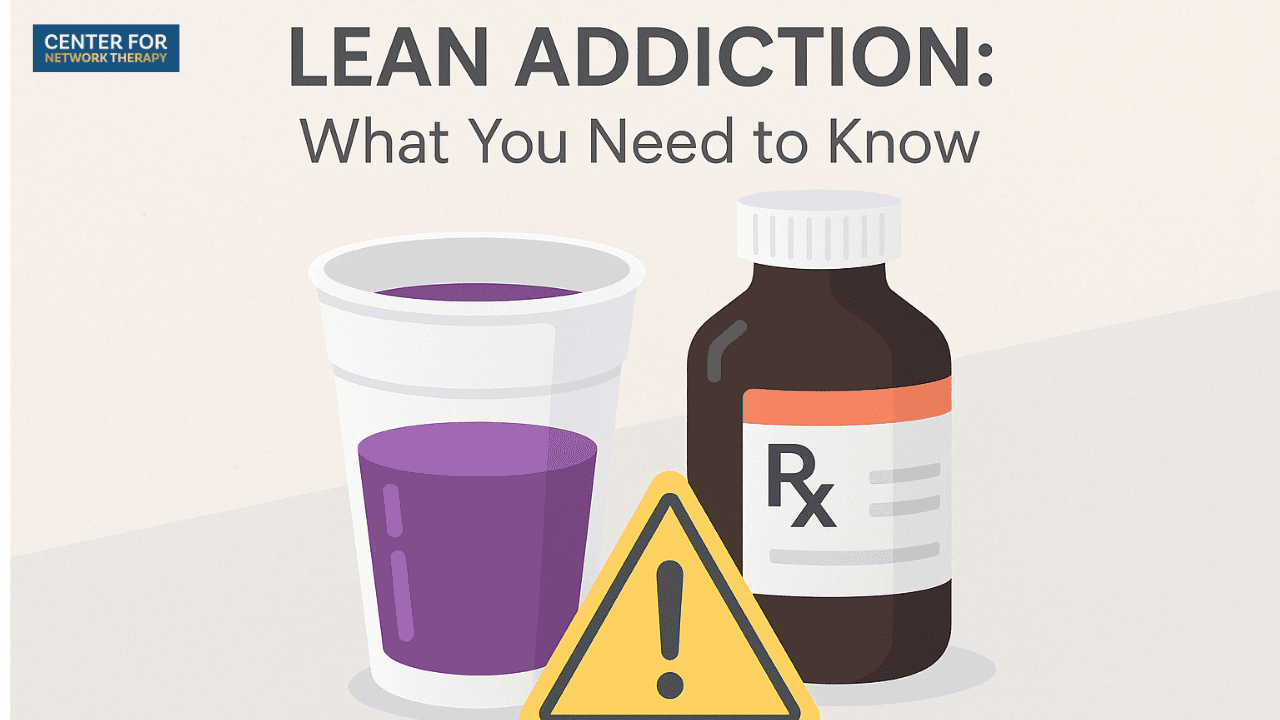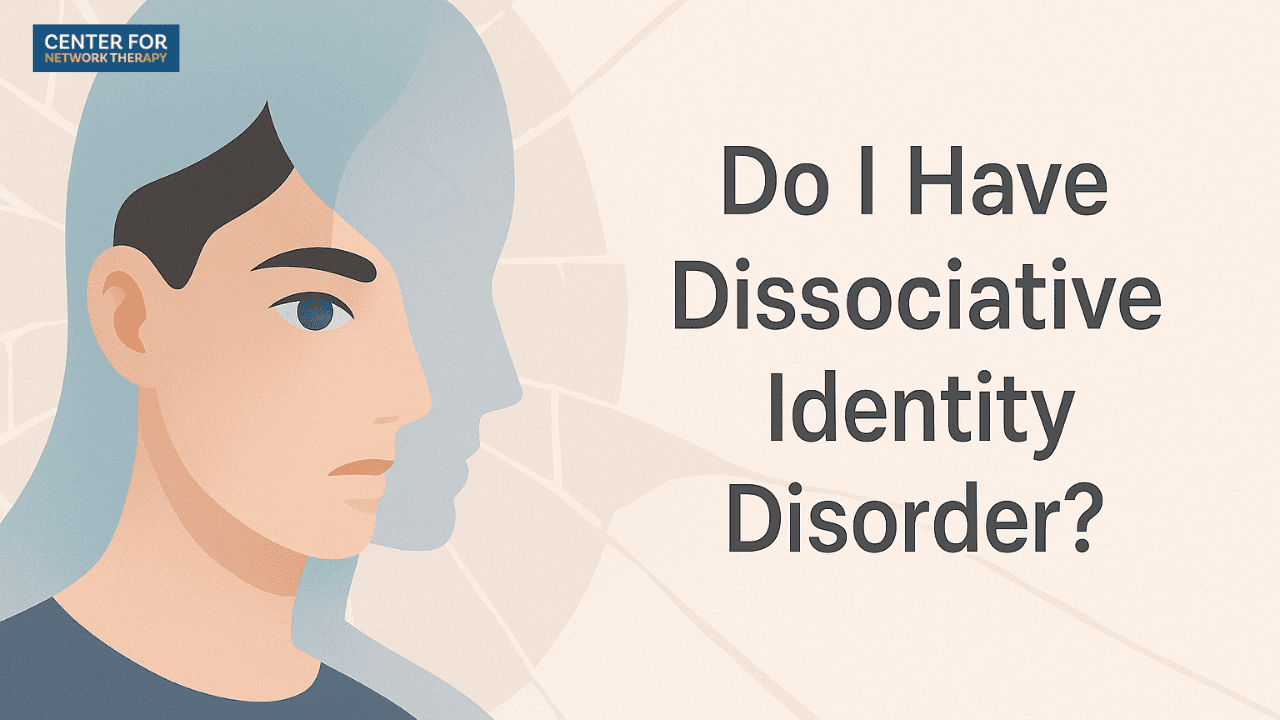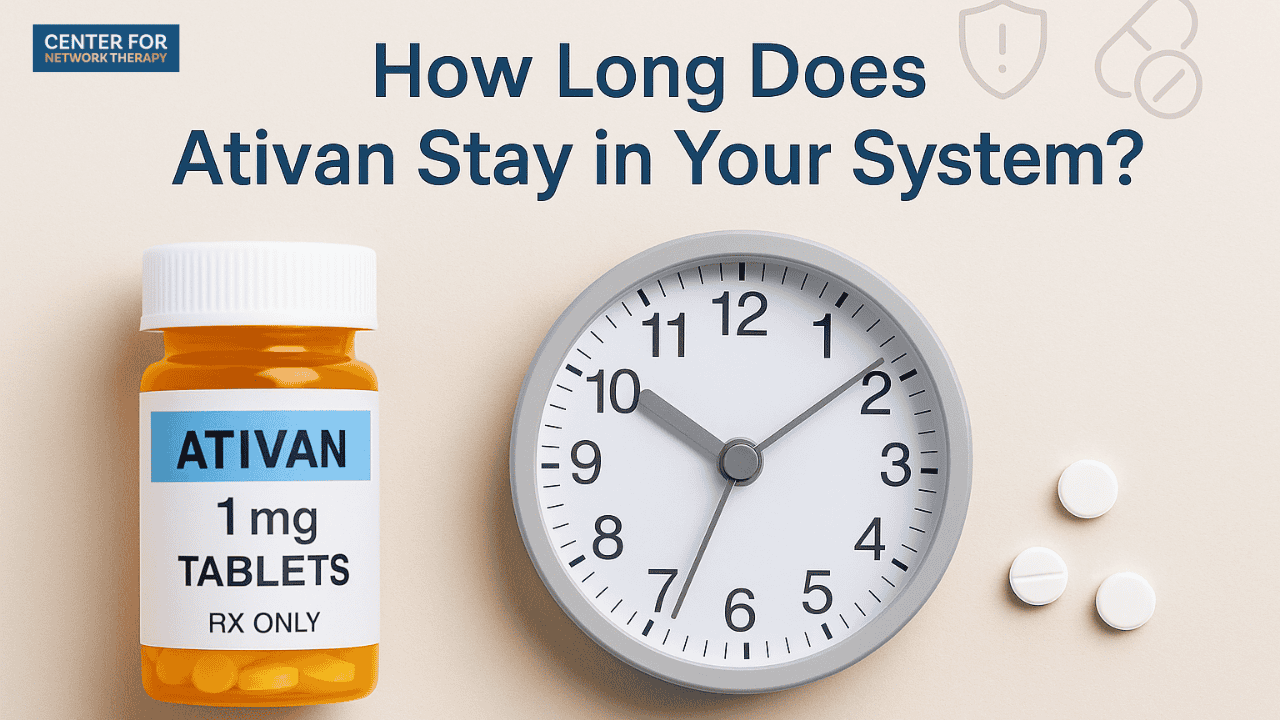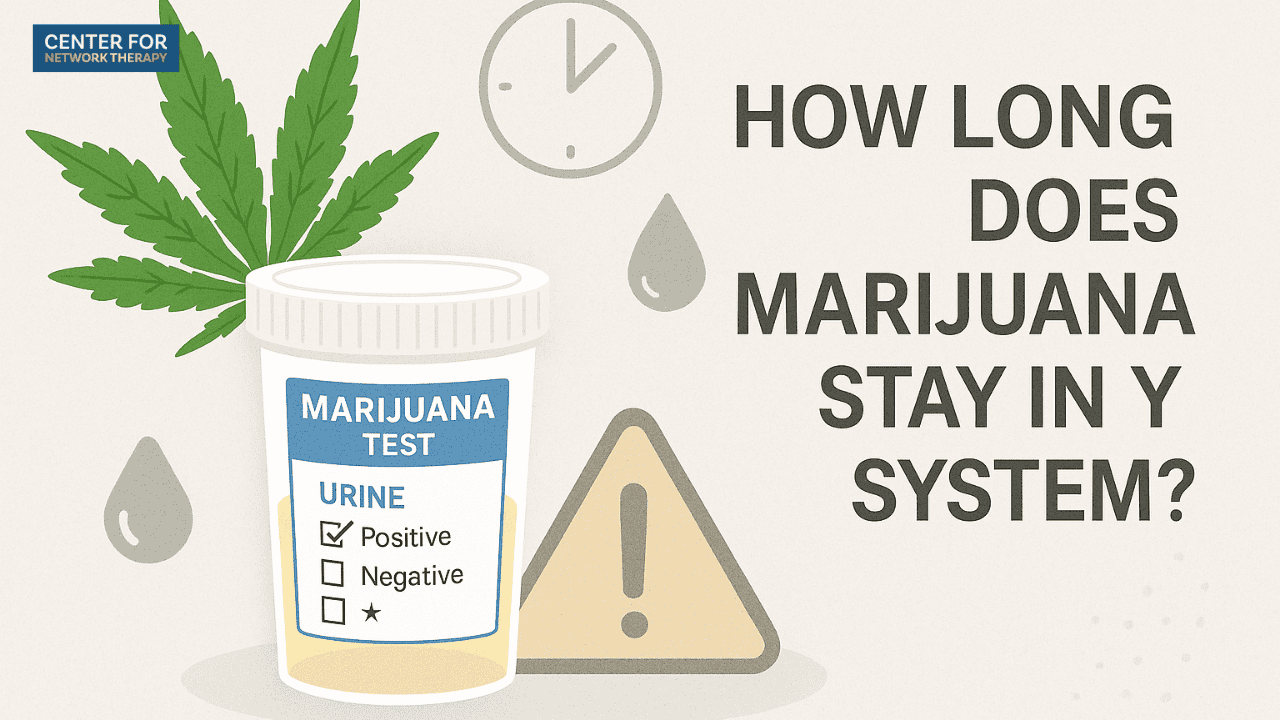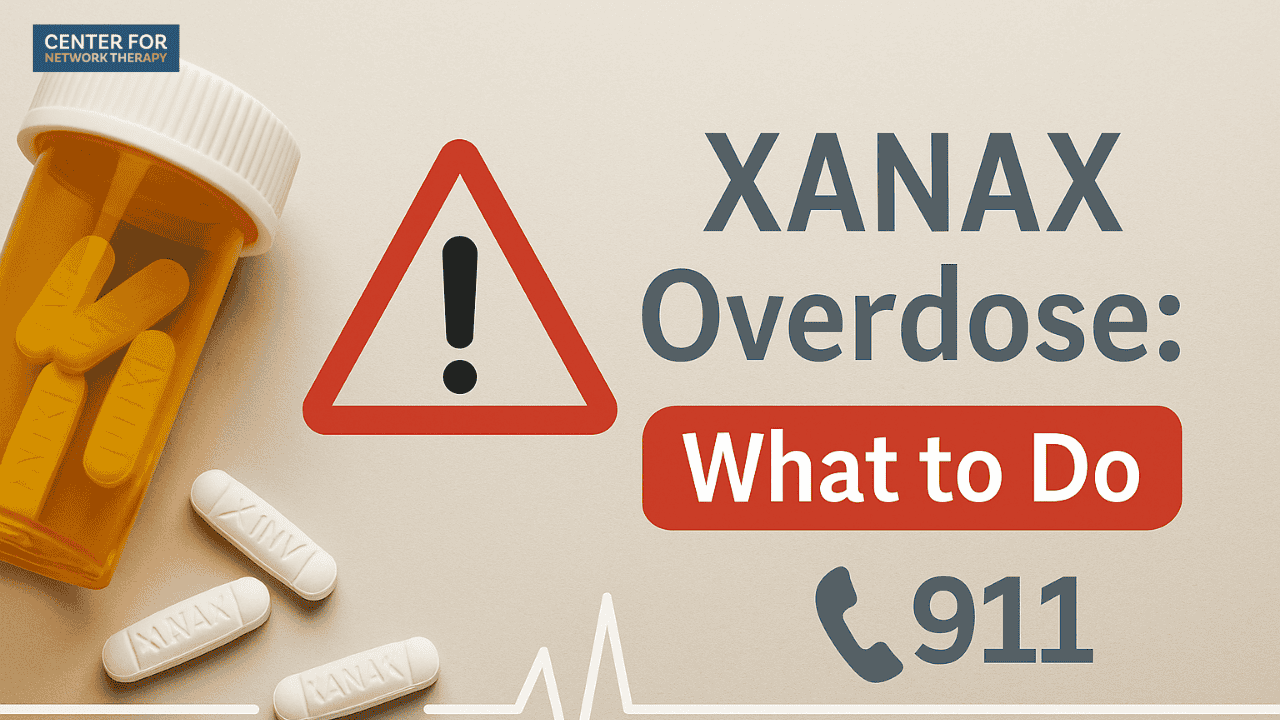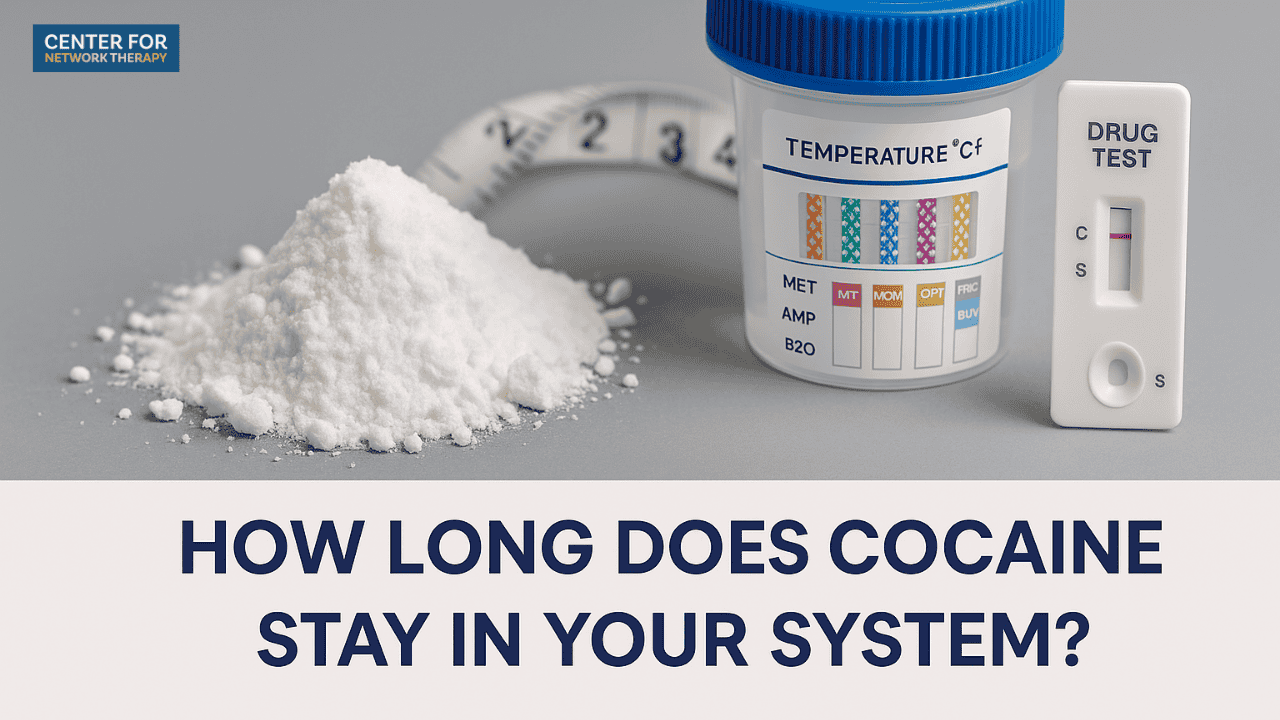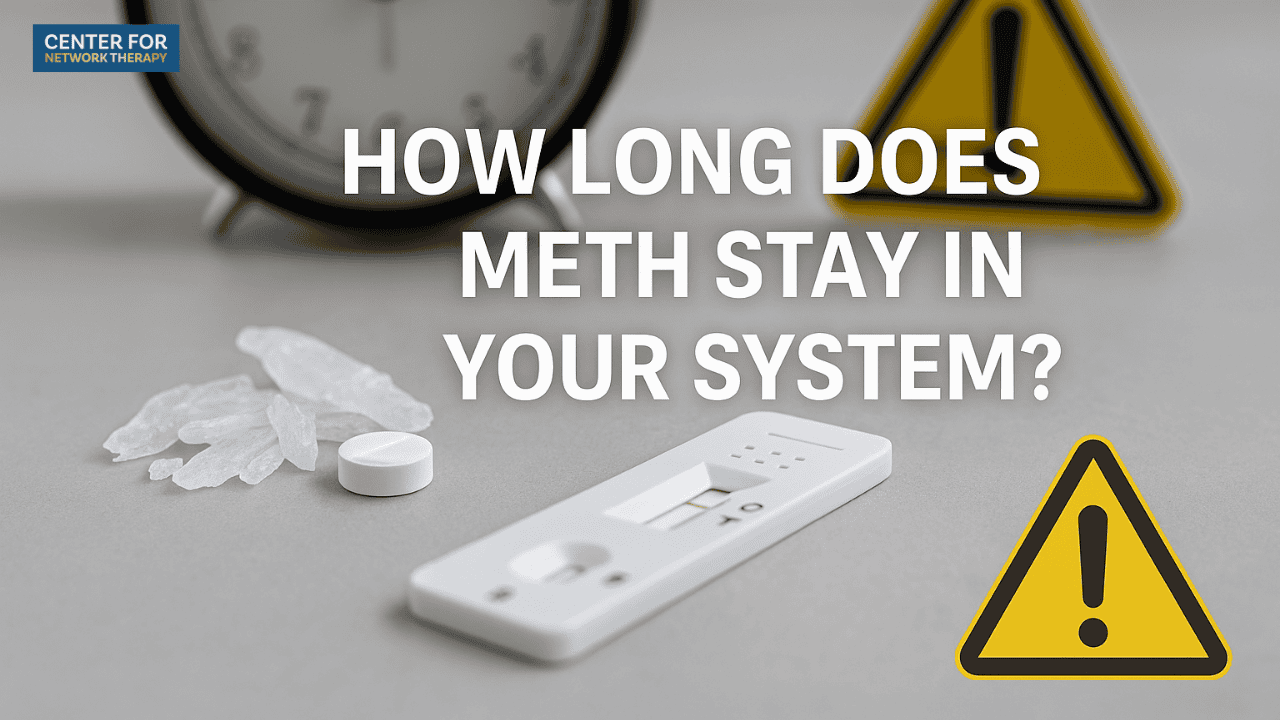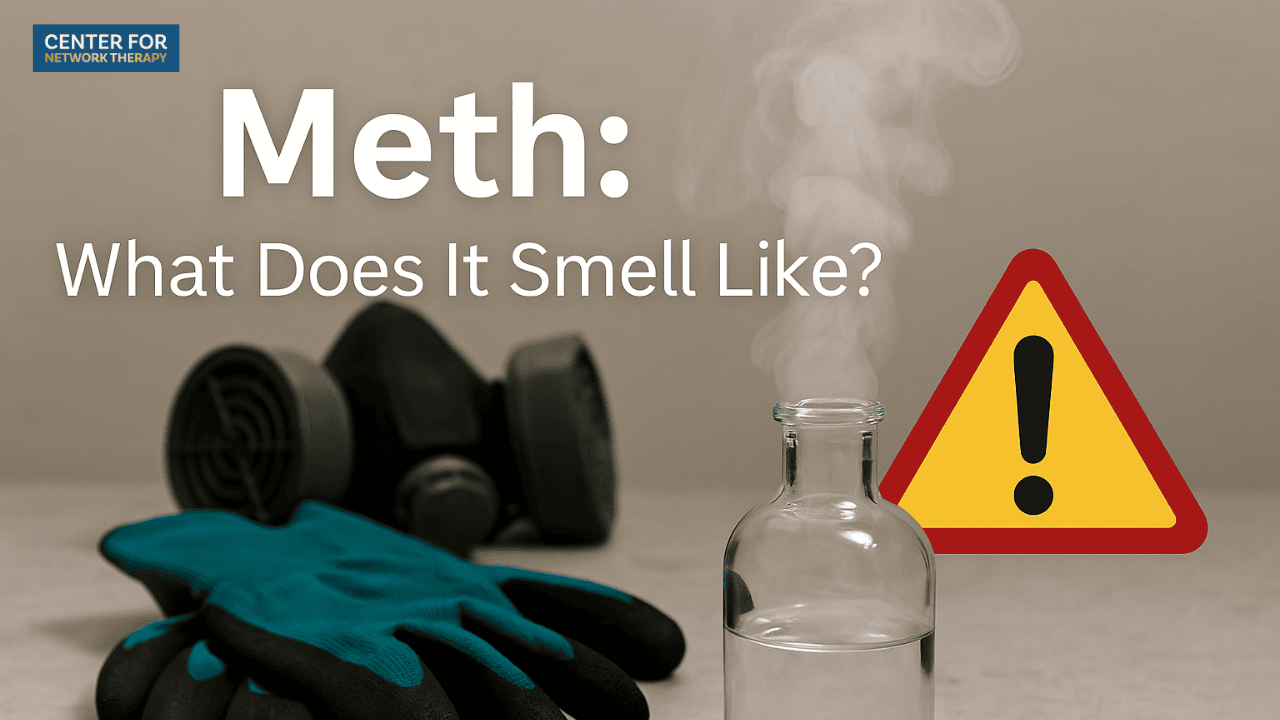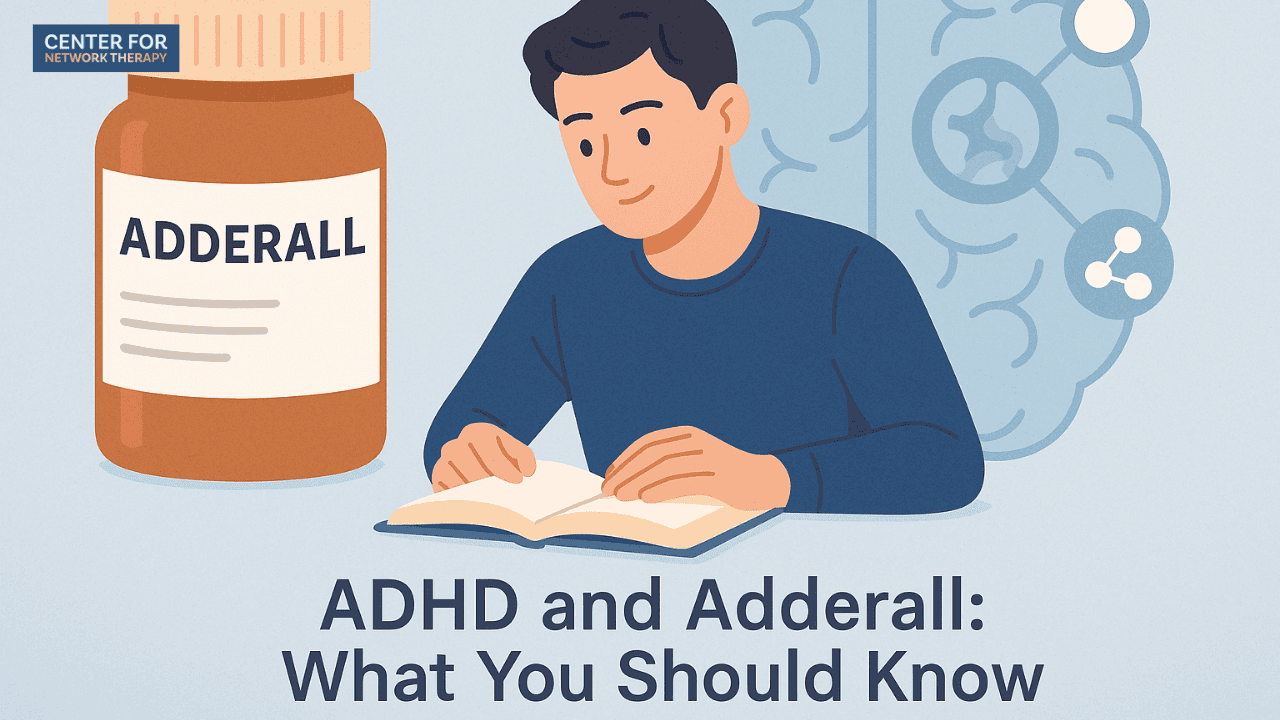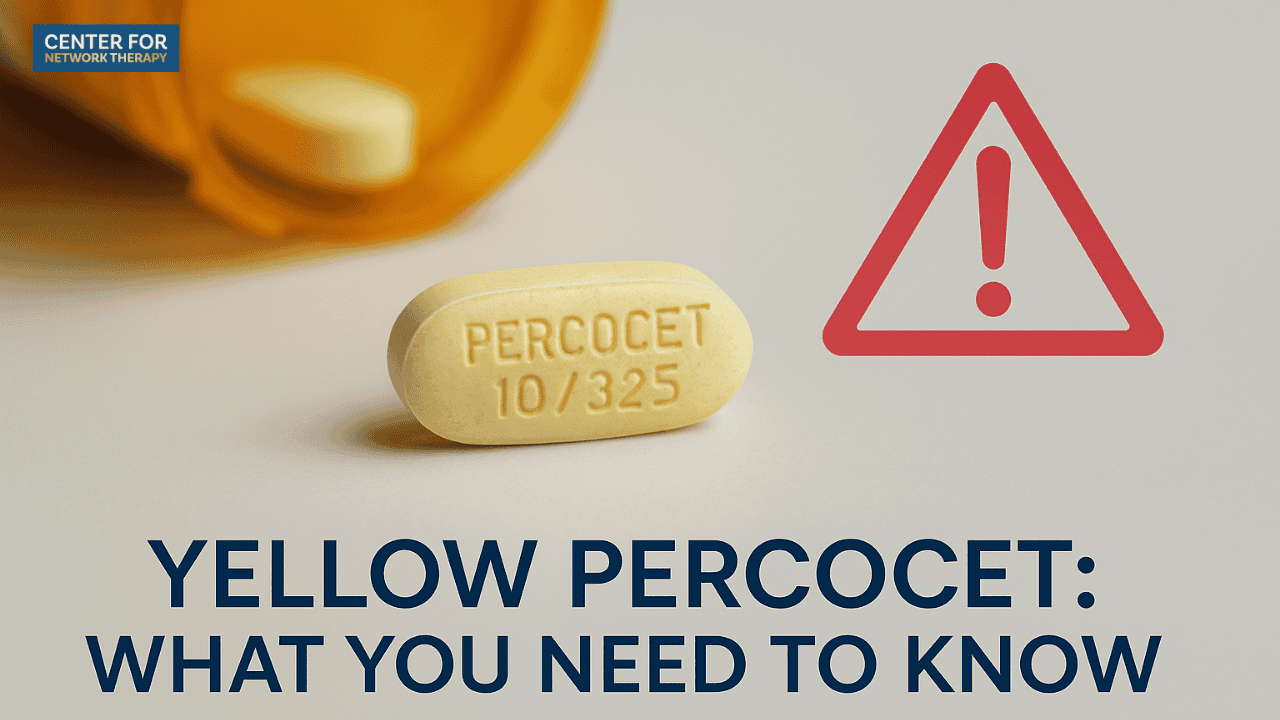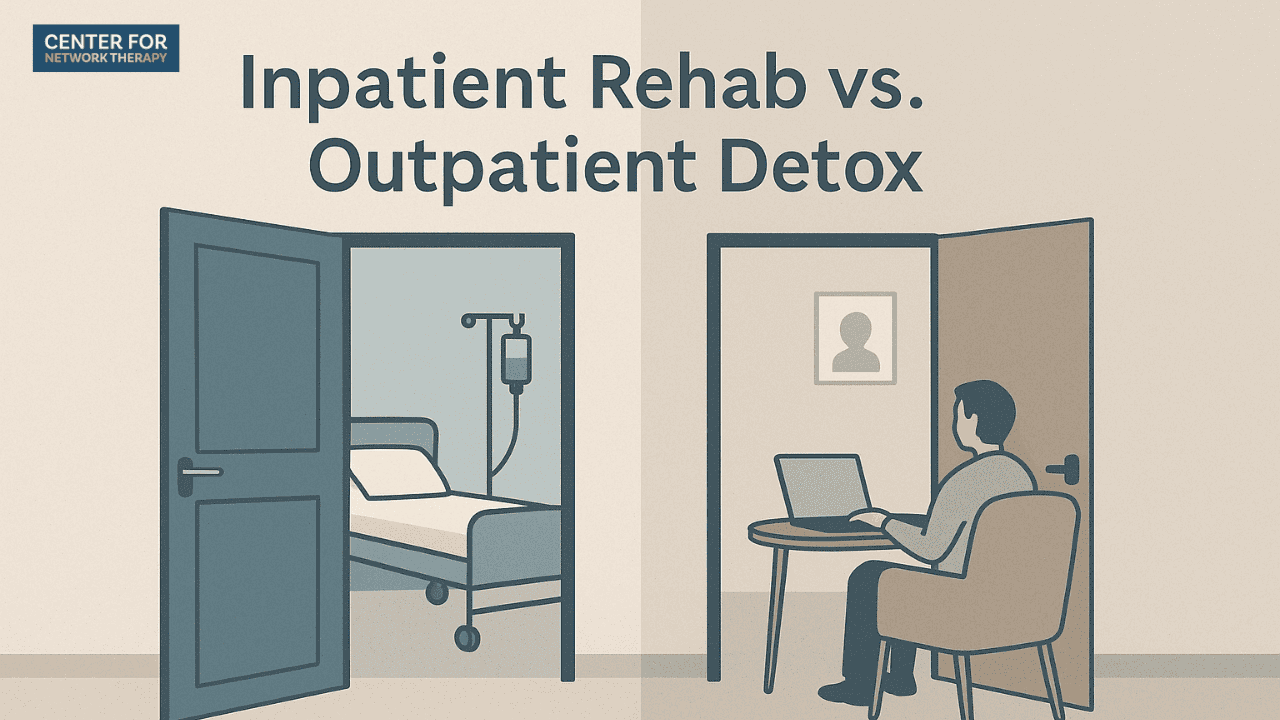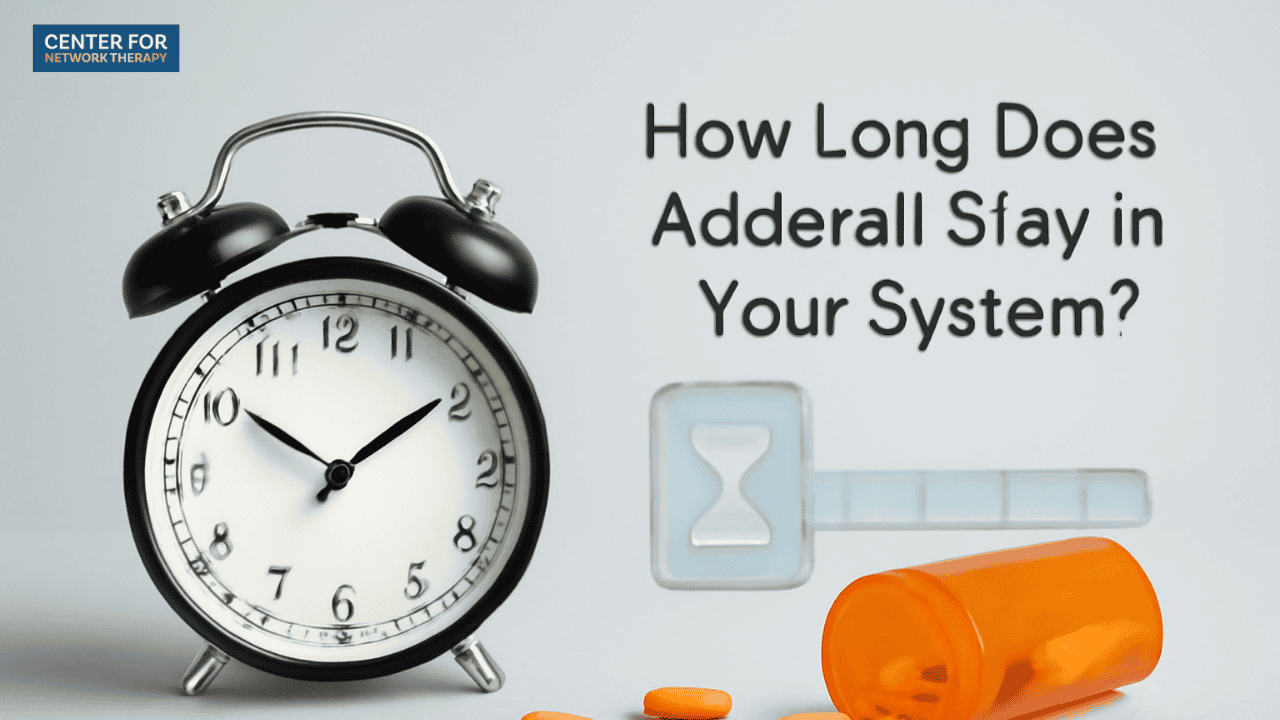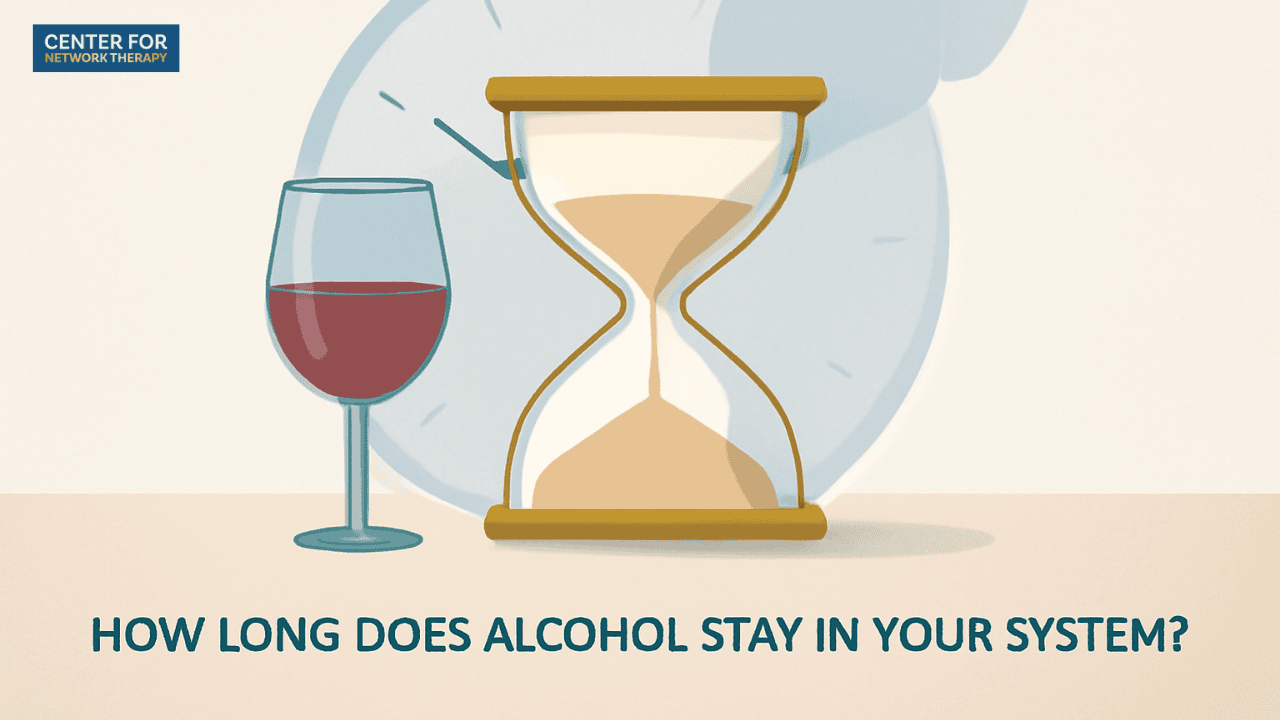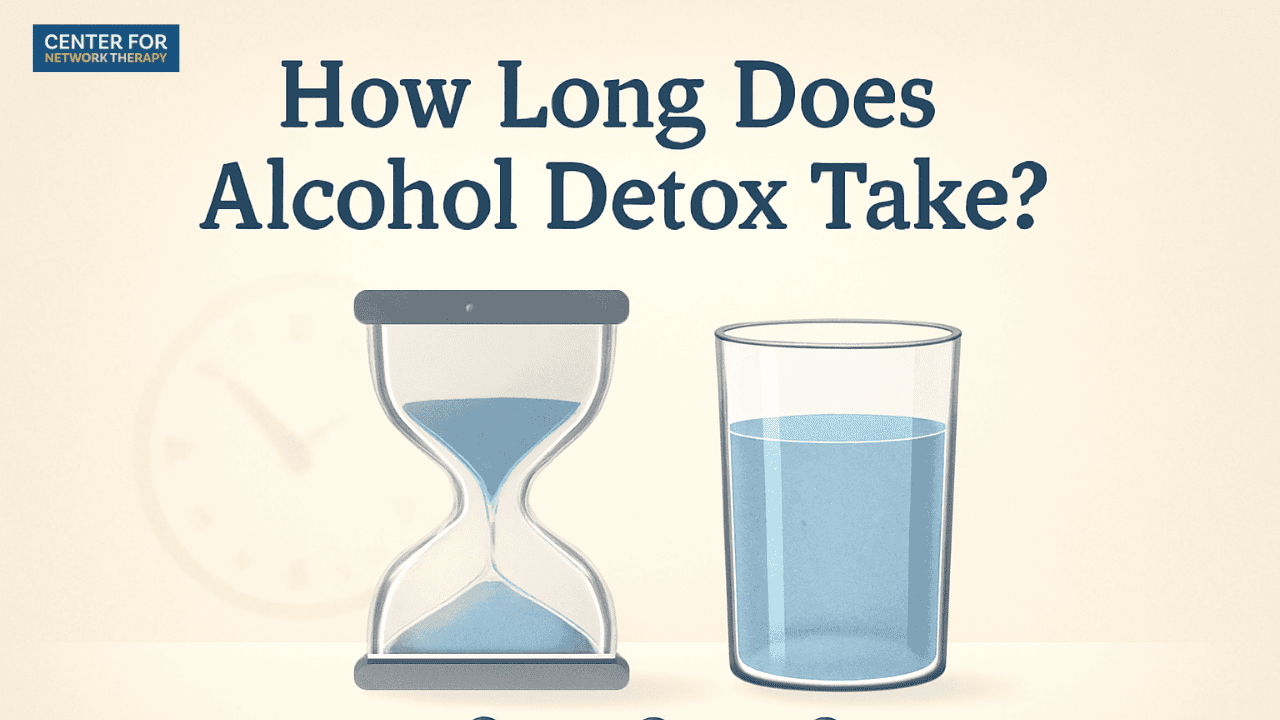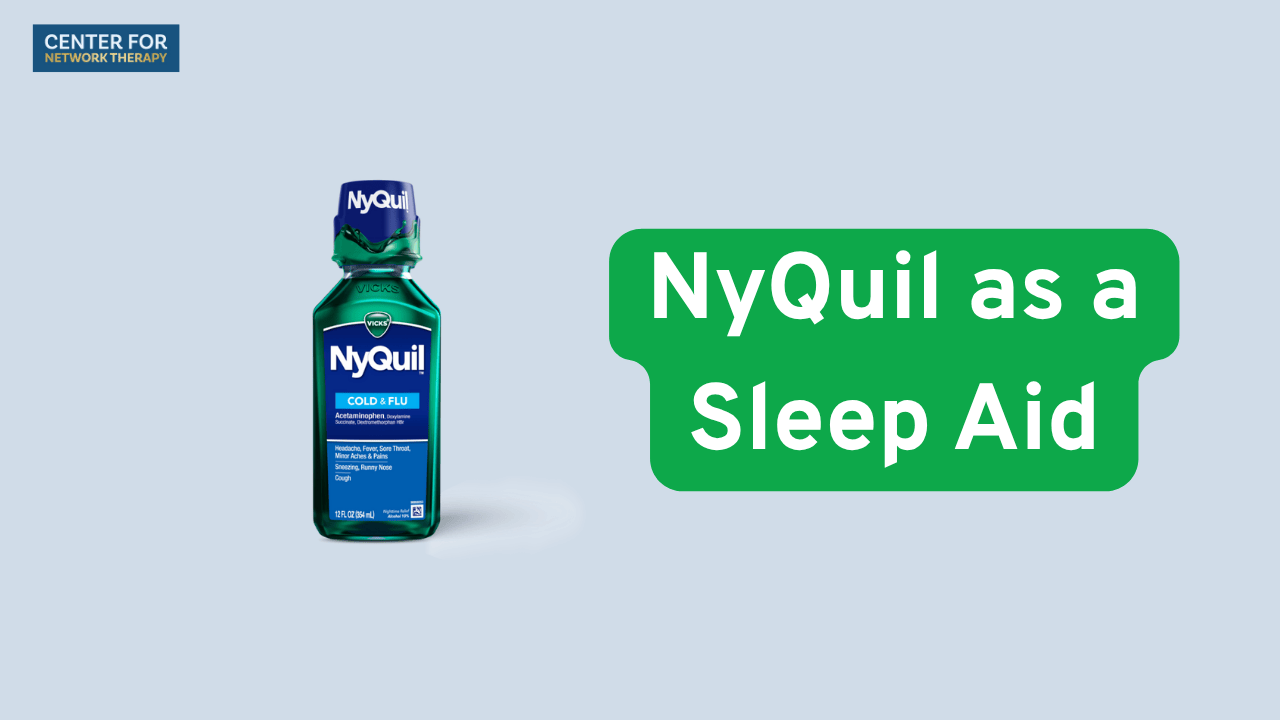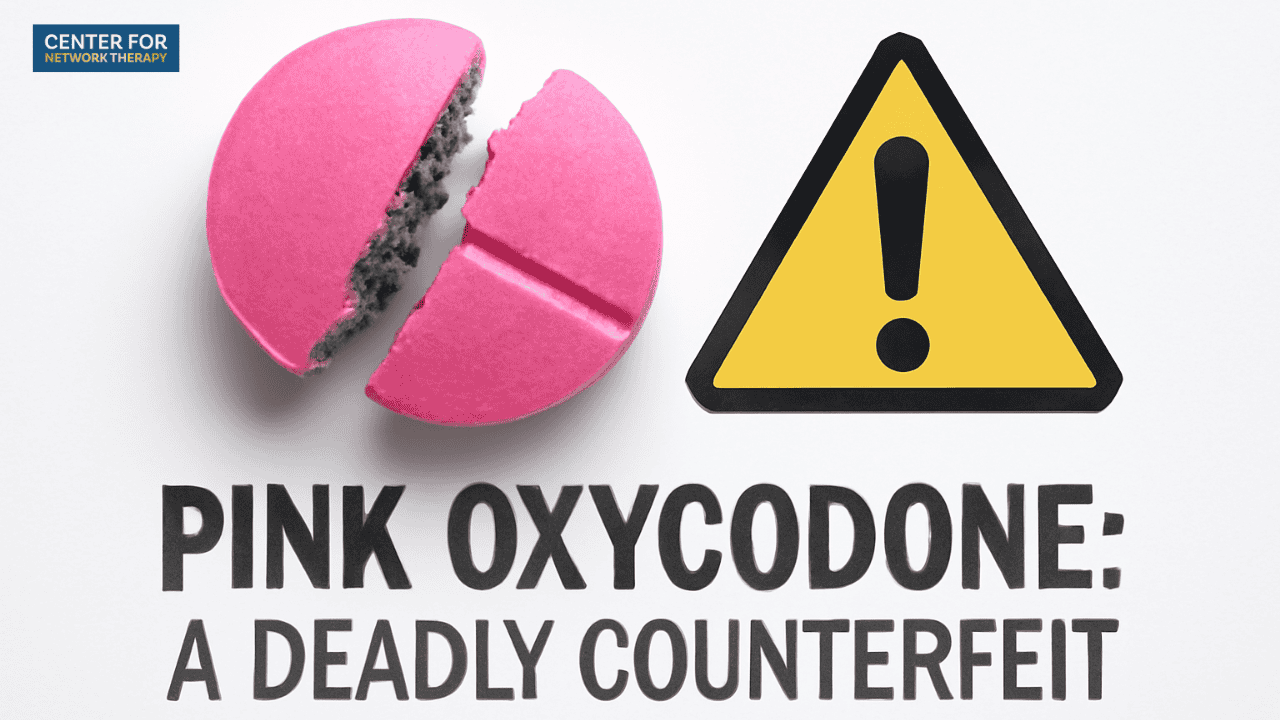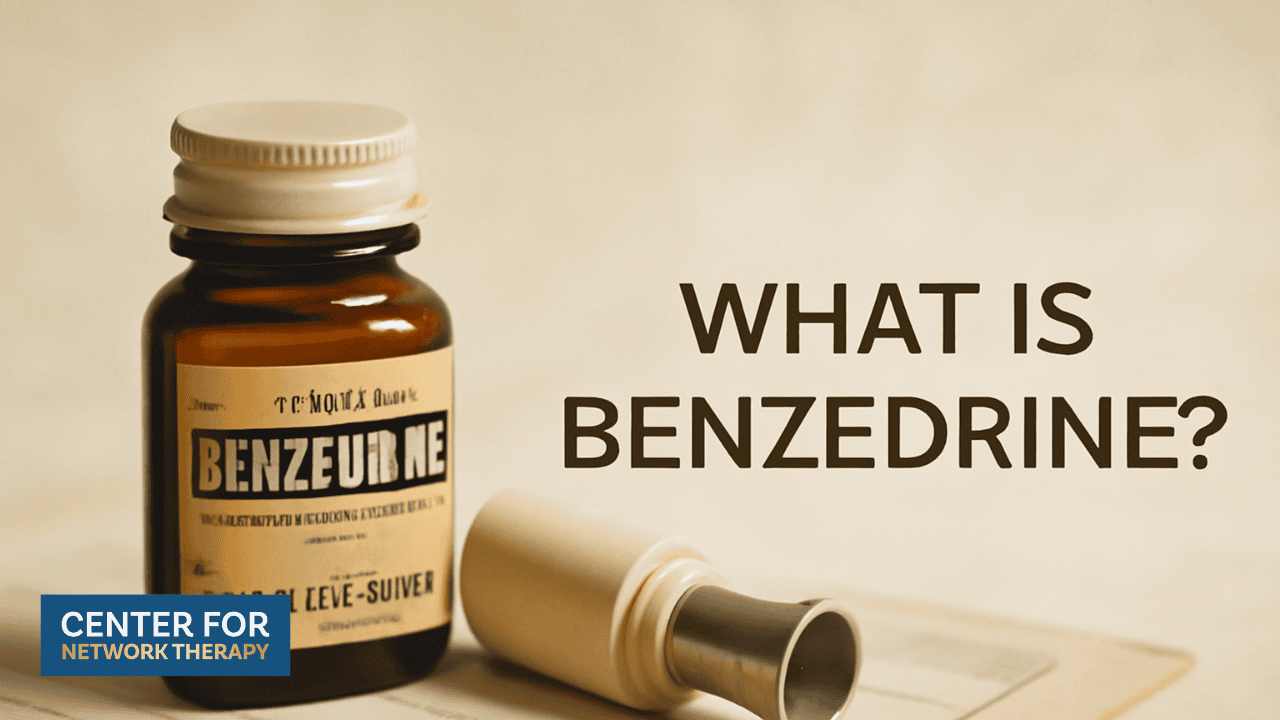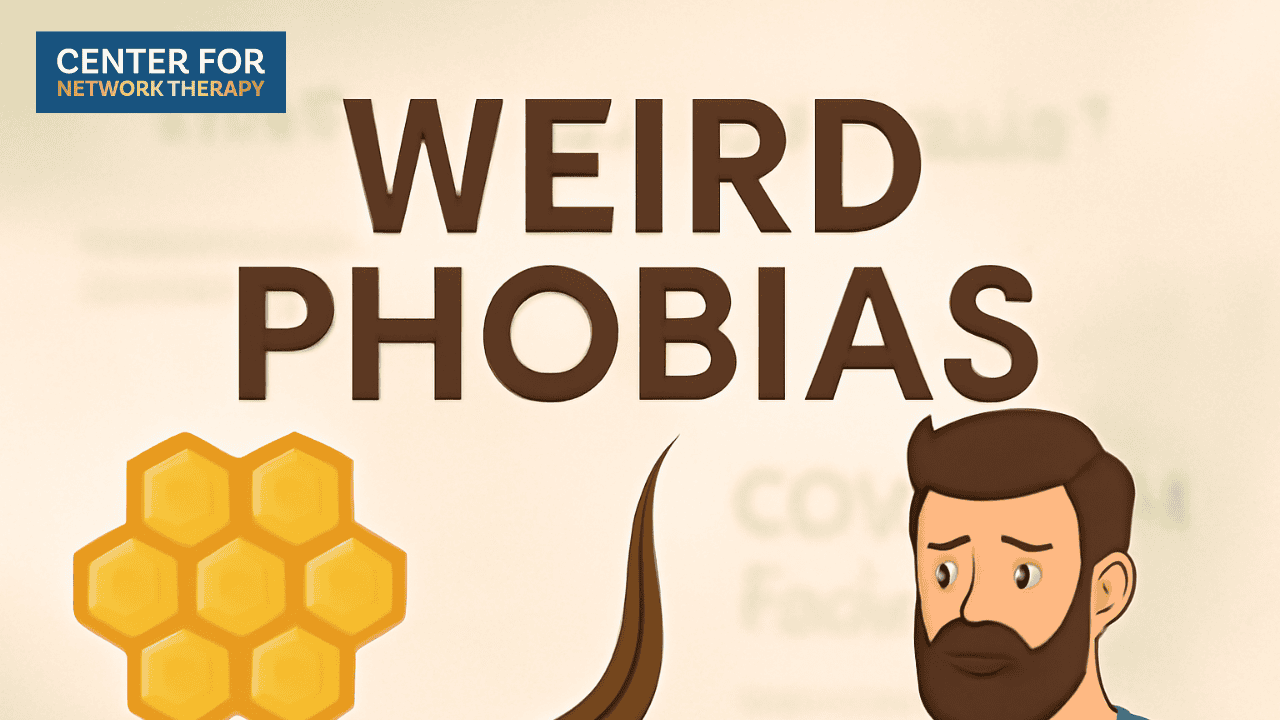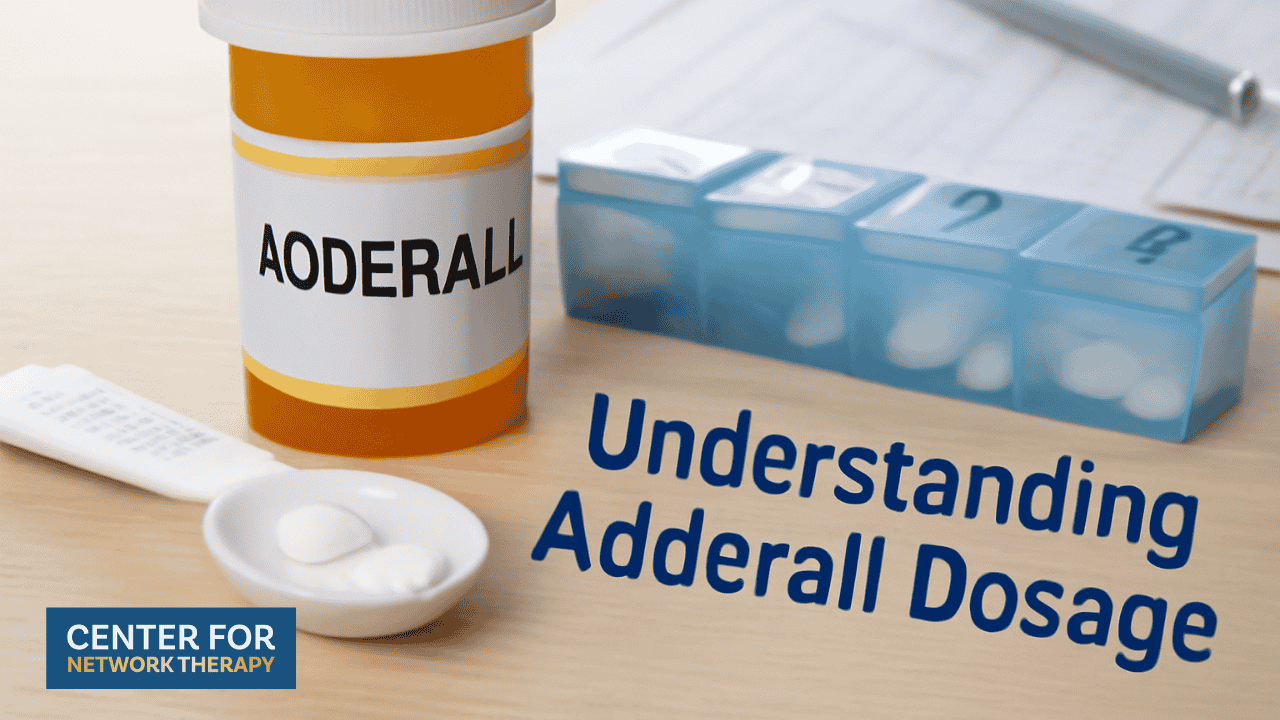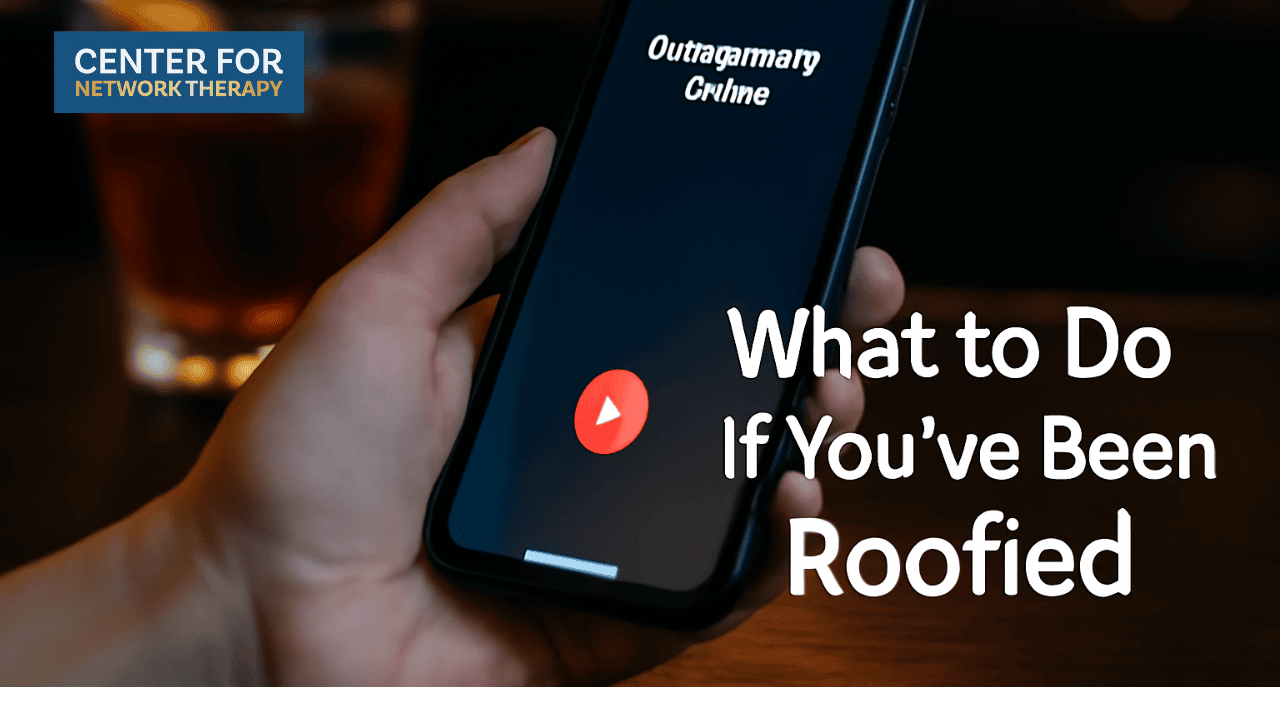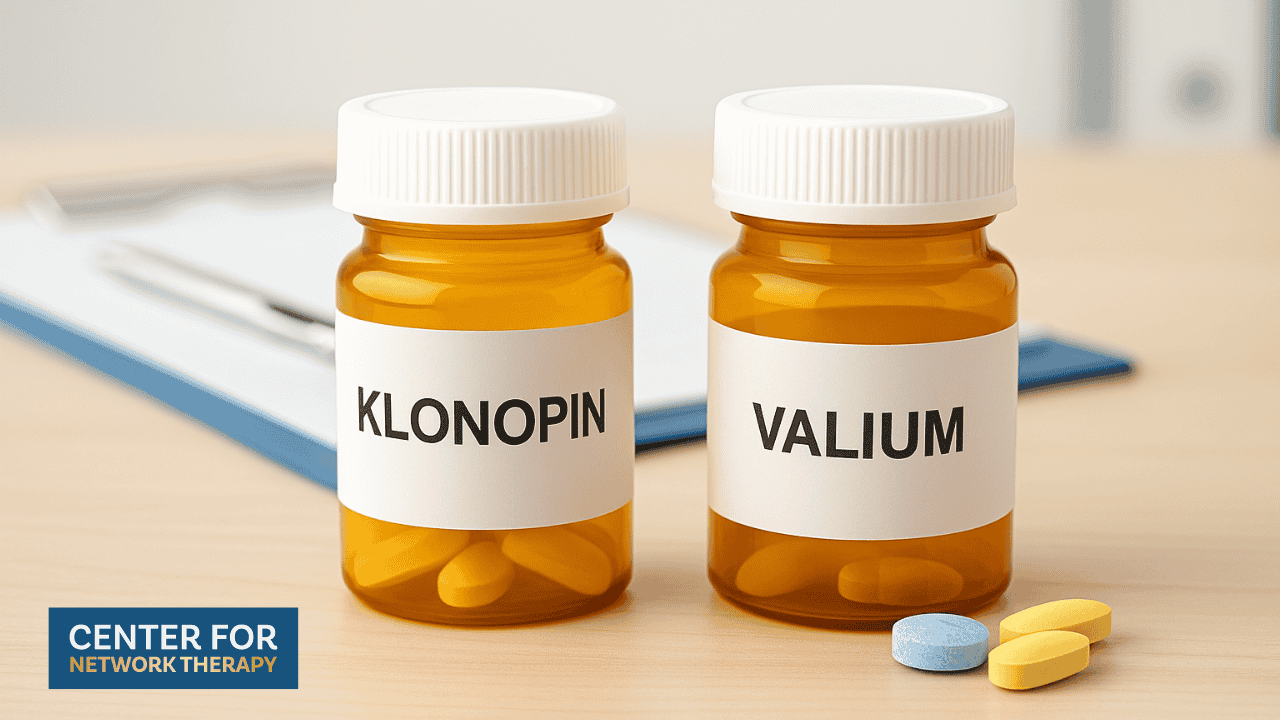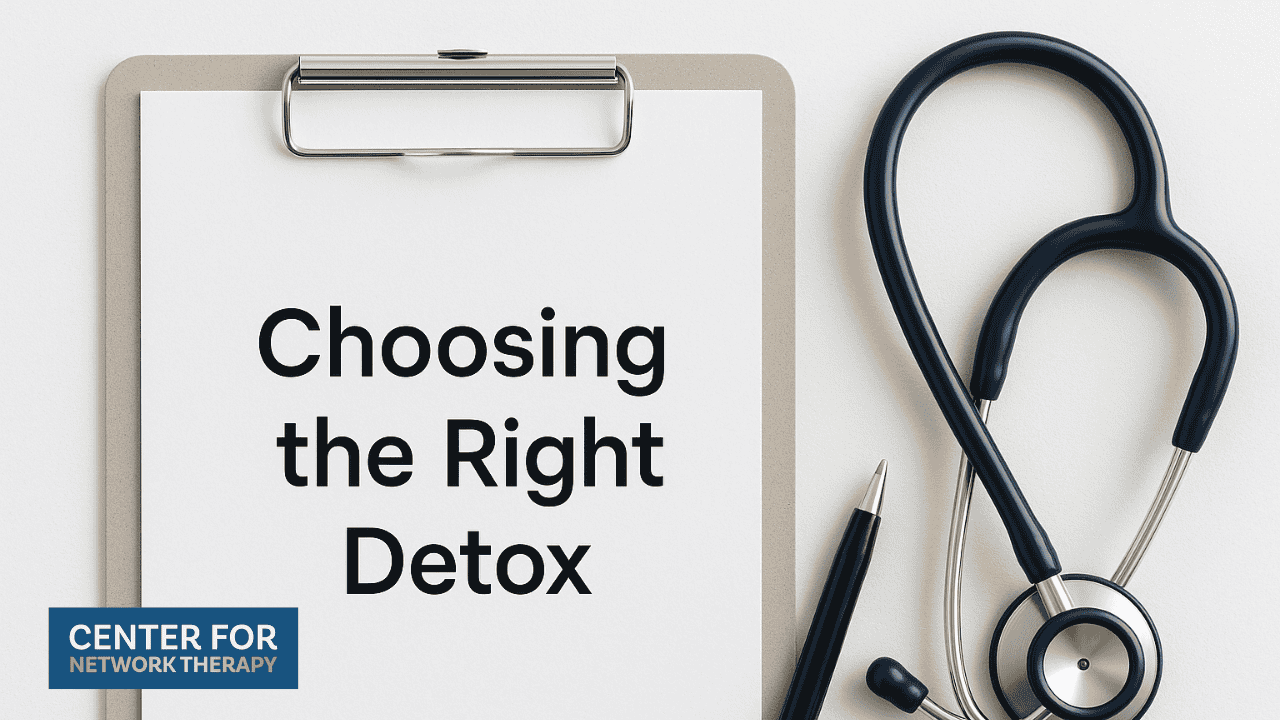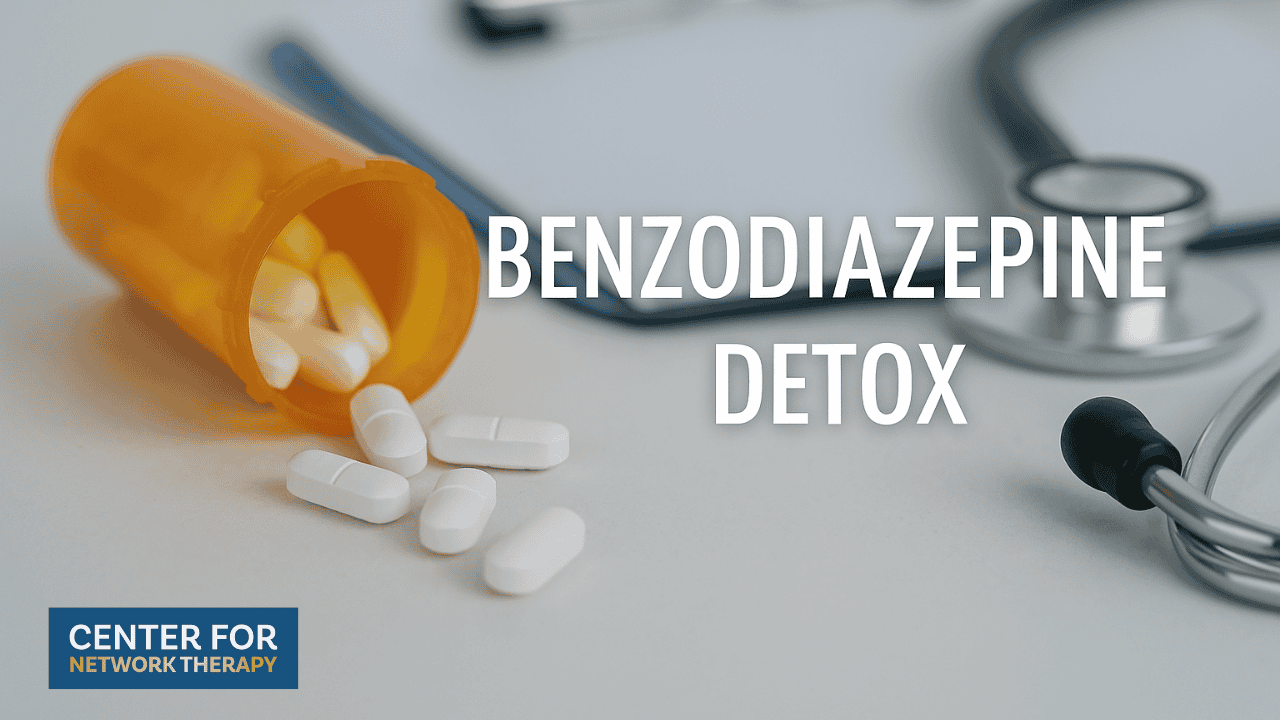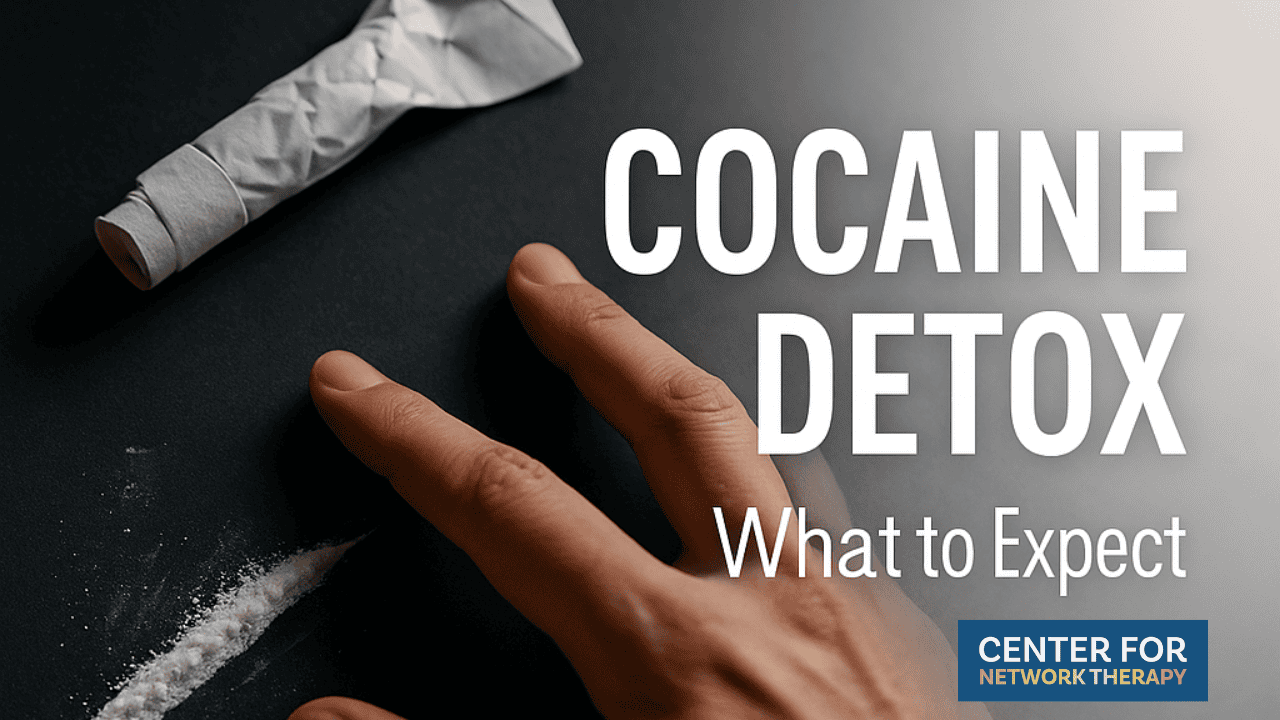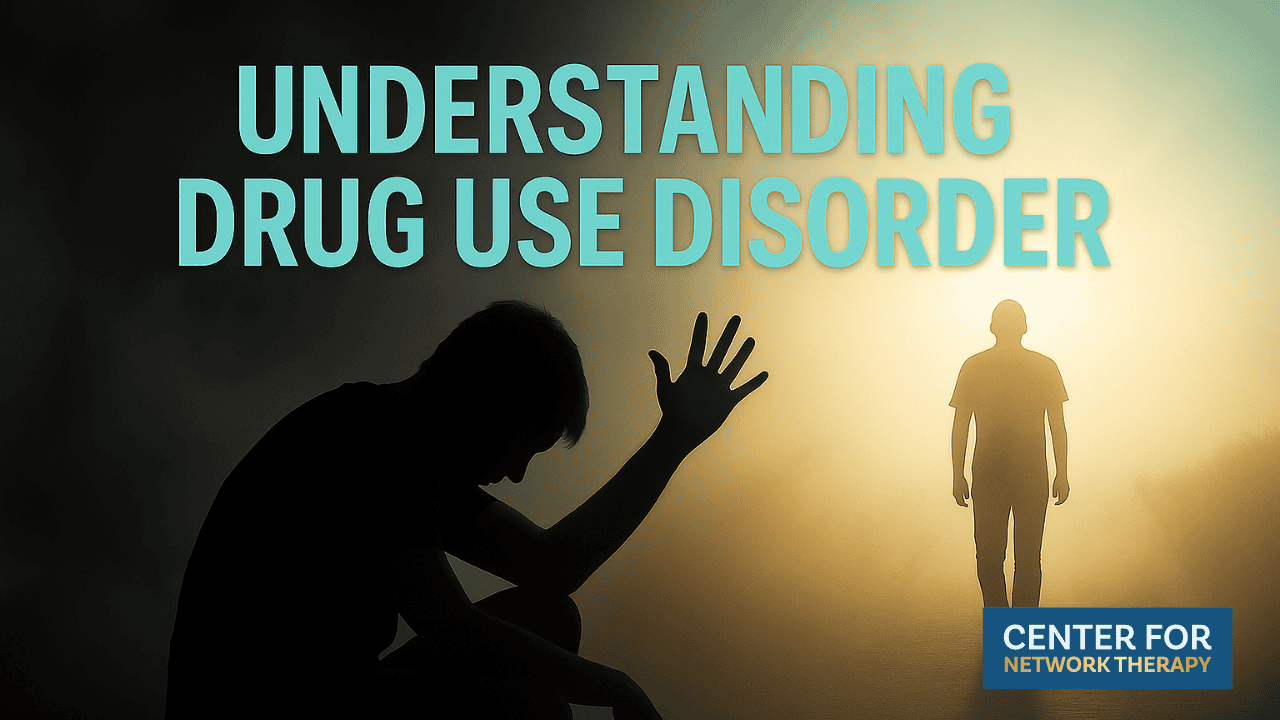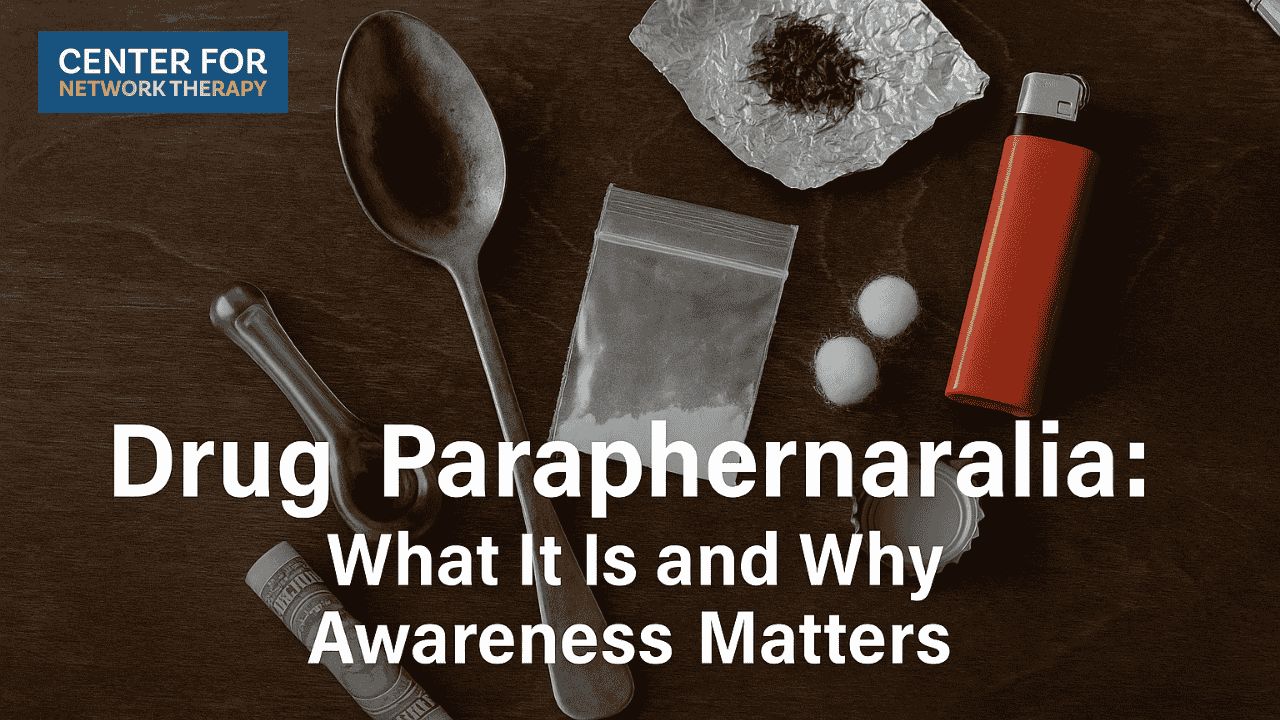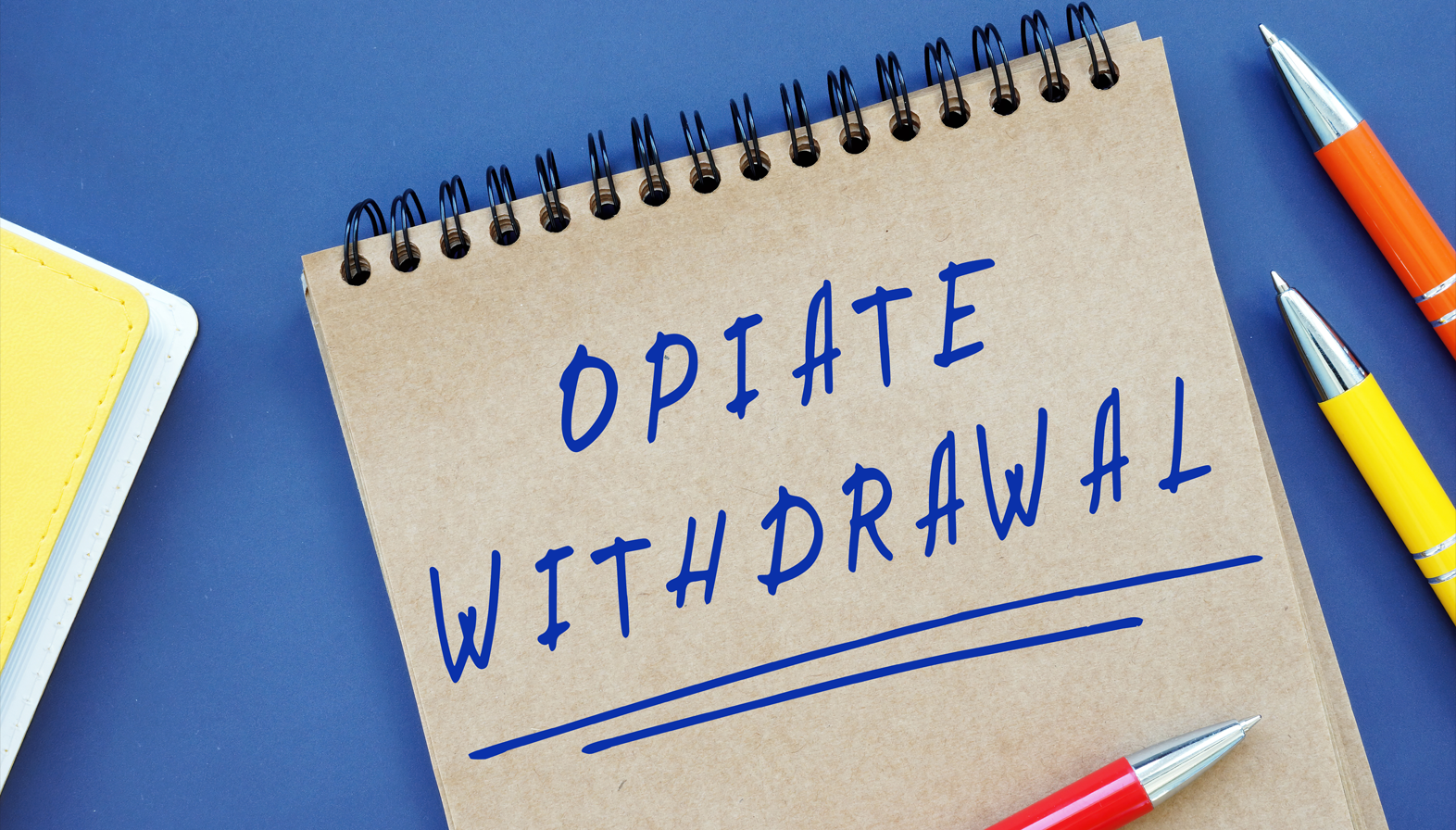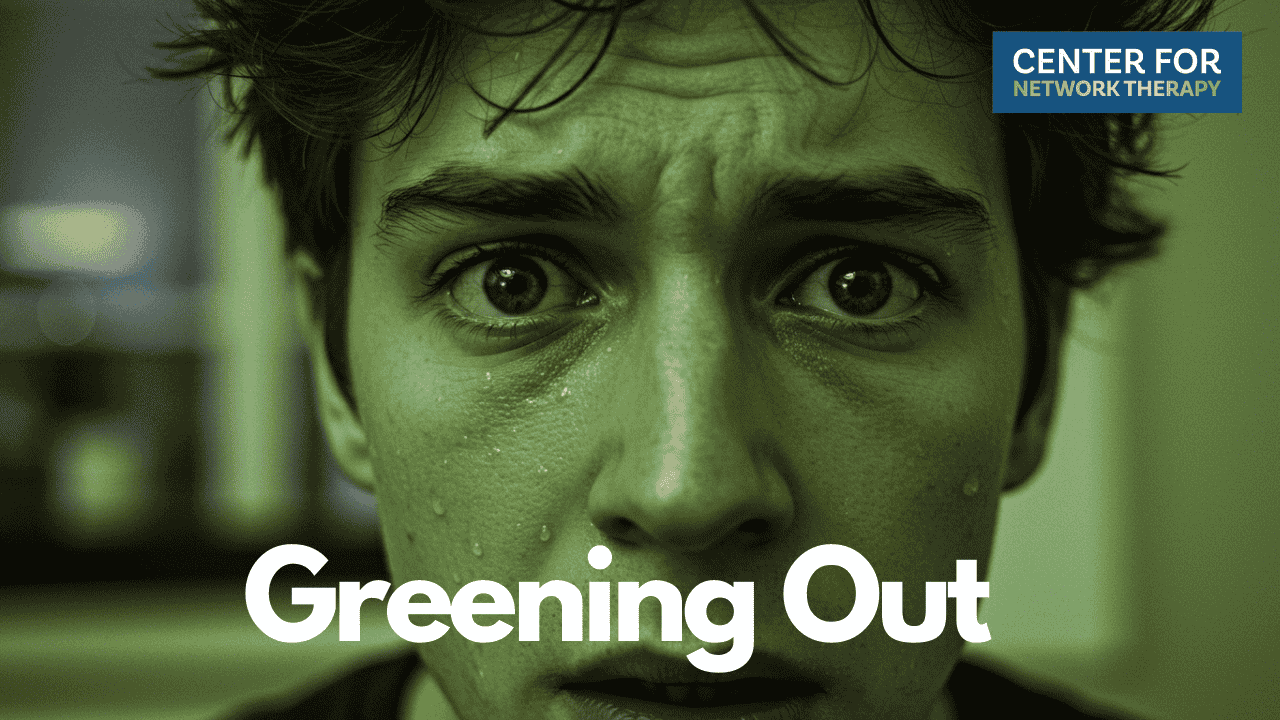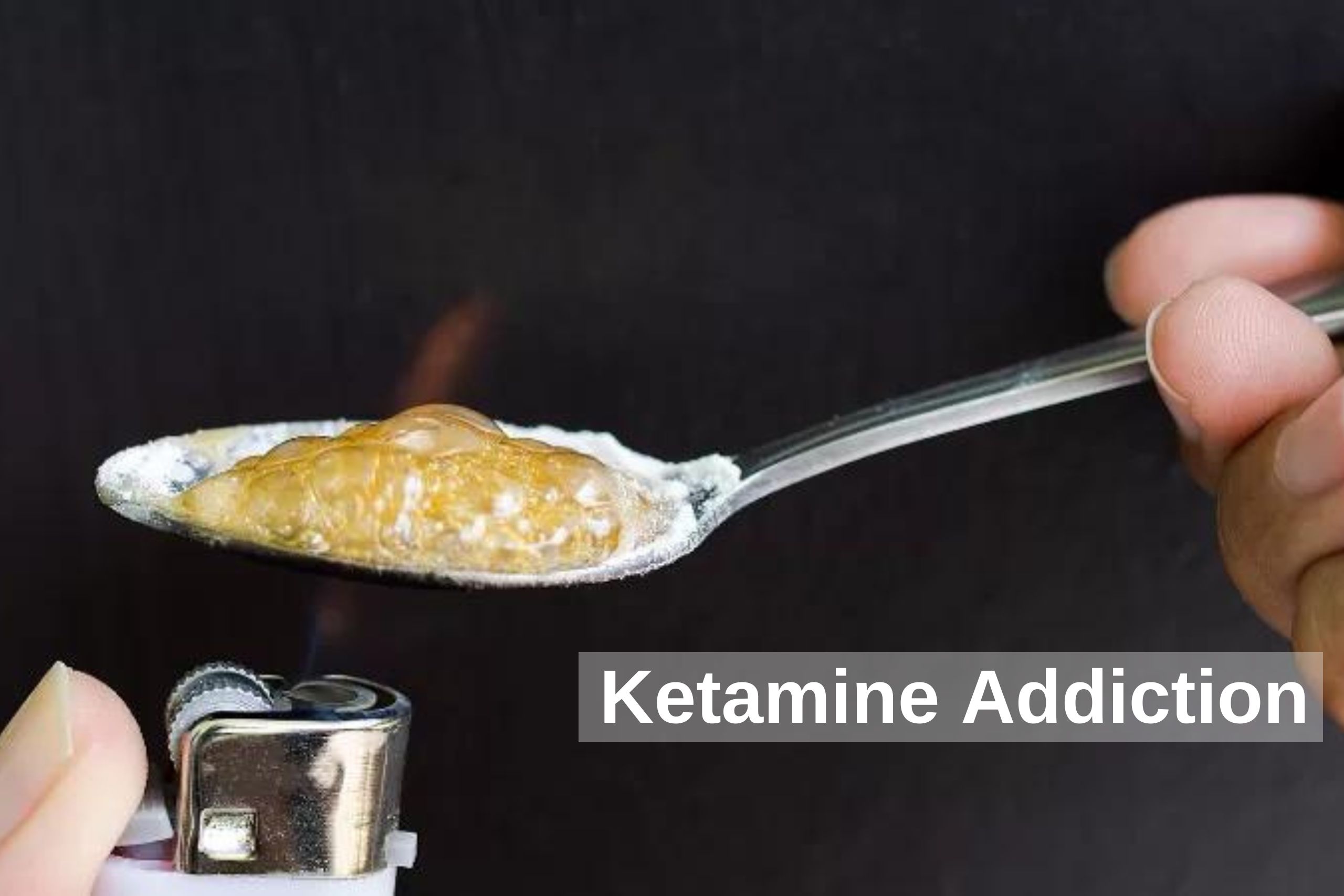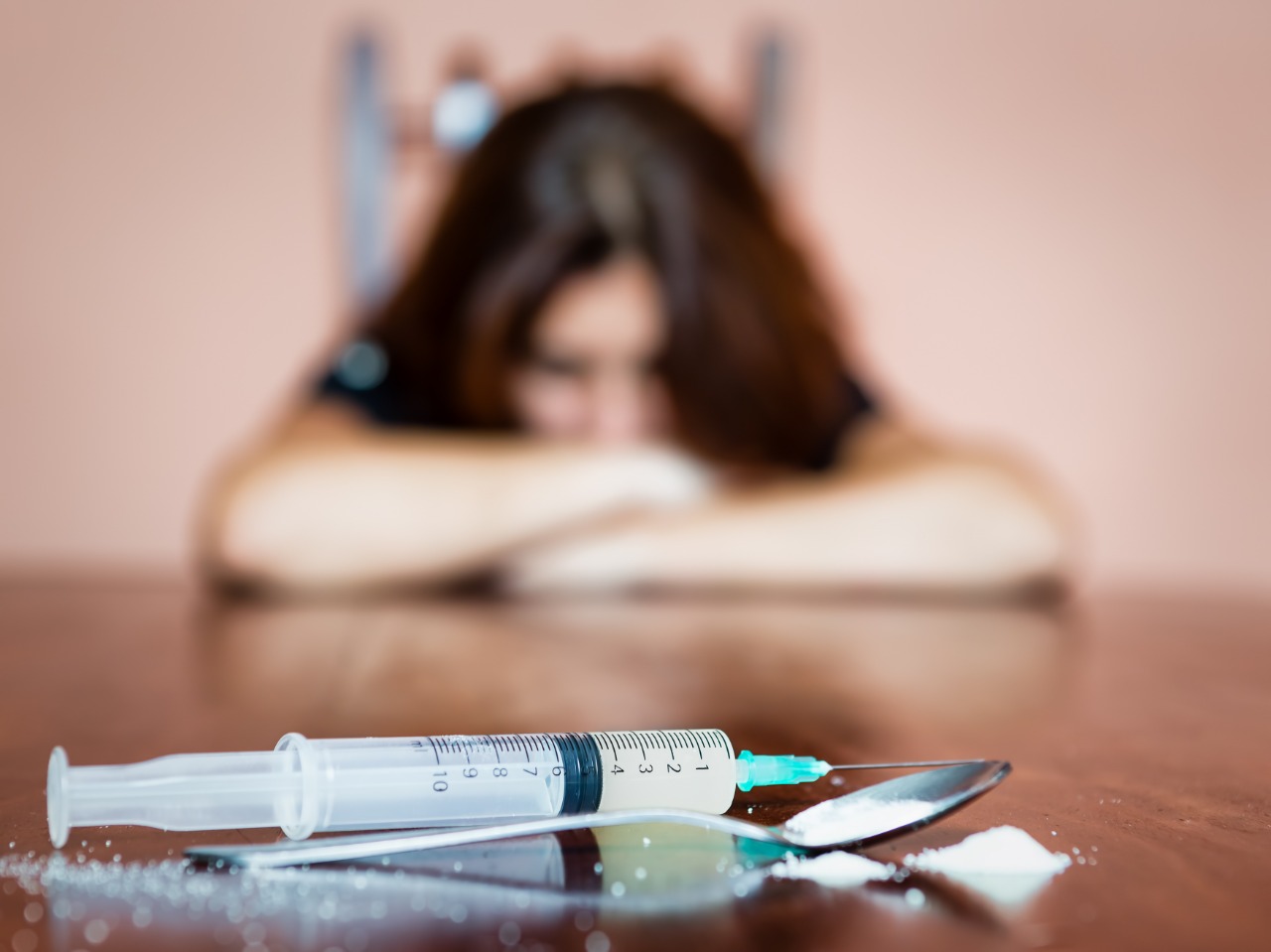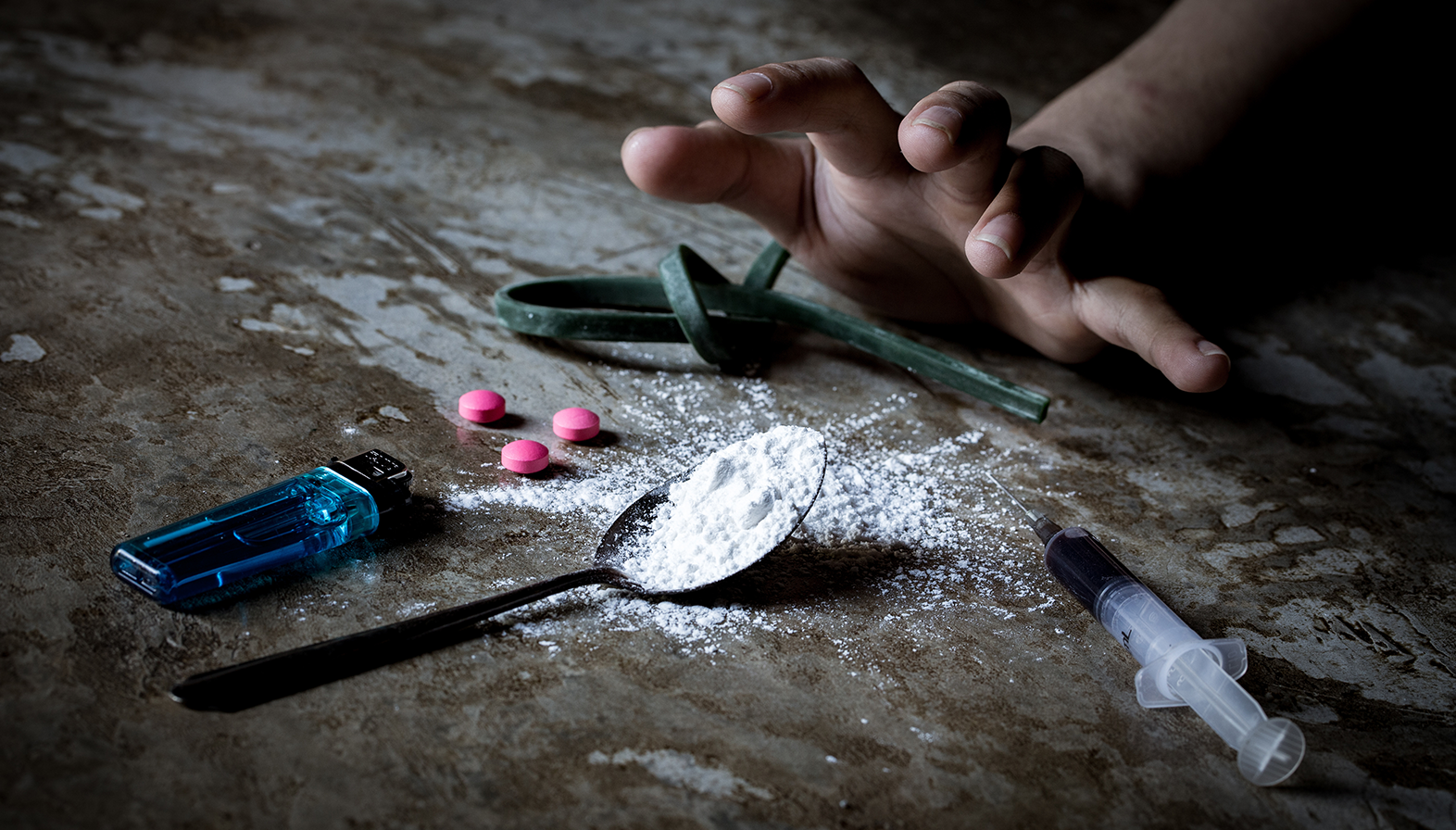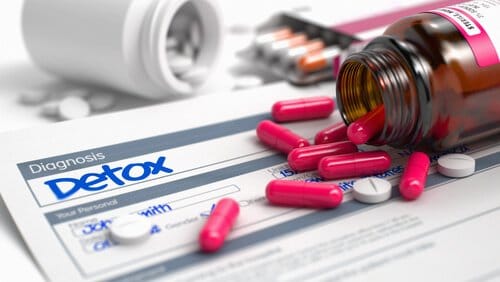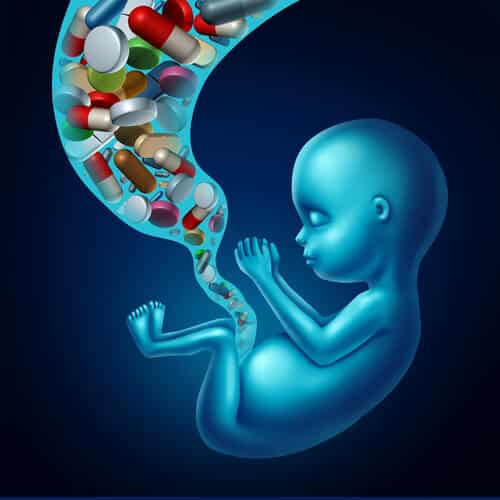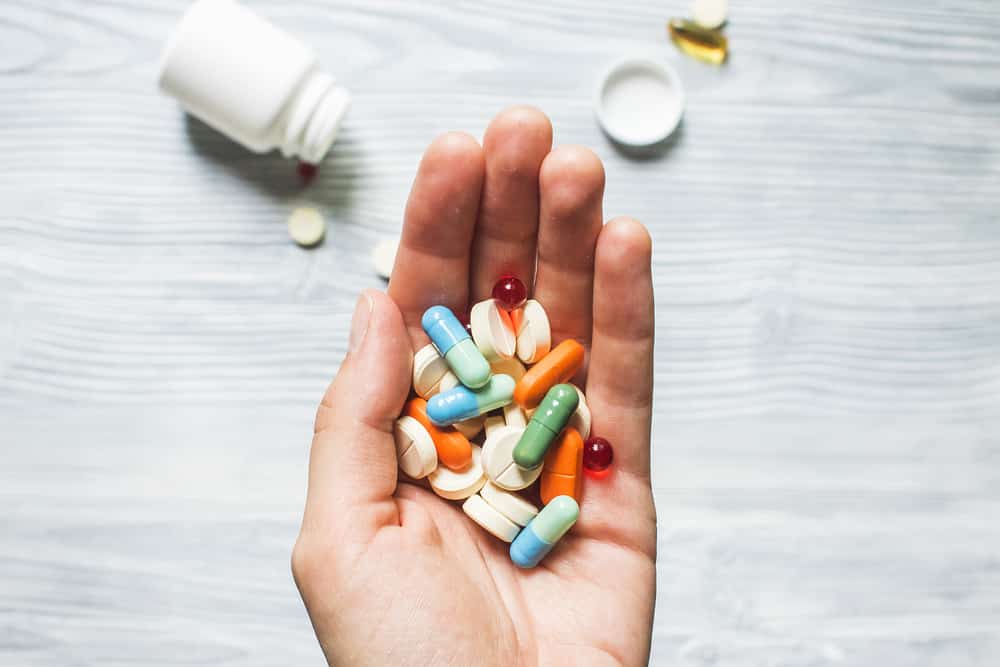Is Methadone Addictive?
Methadone is a category of medication called opioids. During World War II, German medics invented methadone and was it was used by doctors in the USA to control acute pain. Methadone has other uses as well. It so happens that it is effective in treating individuals addicted to opioid painkillers such as Oxycododne, Oxycontin, Percocet, Tramadol, etc. It is also effective in treating an addiction to other opiates such as heroin and fentanyl. Buprenorphine, approved later than methadone by the FDA to treat opioid addiction, is an alternative to methadone.
Methadone is a long-acting full opioid agonist and it is very effective in addressing opioid withdrawal symptoms and cravings. It has been used for decades to treat an addiction to opioids. Methadone is taken orally and is available as a liquid, a tablet as well as a powder. New Jersey has many Methadone treatment programs and so does every state in the country.
Methadone is only part of the treatment regimen for addiction to opiates. Methadone treatment needs to be supported with counseling and therapy so that the individual afflicted with the disease of addiction can effect lifestyle changes that enable long-term sobriety.
It is important to realize that methadone is not a cure. Methadone itself is addictive and, over time, people can develop tolerance to methadone which means that more of the substance will be needed to achieve the same effect. Even though methadone is safer than other drugs, your doctor should keep a careful eye on you while you’re on it. It’s possible that taking it will lead to addiction or misuse.
What does Methadone Work?
Methadone relieves pain by altering the way your brain and nervous system respond to it. It takes longer for it to take action than other strong painkillers like morphine. If you’re in an amount of discomfort due to injuries, illness, or long-term sickness, your doctor may prescribe methadone.
It also stops medications like codeine, heroin, hydrocodone, morphine, and oxycodone from giving you a high. It can provide a comparable sensation while also preventing cravings and withdrawal symptoms. This is referred to as replacement therapy.
Methadone should be only one part of your overall treatment approach. It’s not a panacea for addiction. There are many addiction treatment centers in New Jersey that can provide methadone or buprenorphine to treat opioid addiction. Please contact the methadone treatment center in New Jersey to learn more about utilizing methadone to treat addiction.
Who shouldn’t use Methadone?
If used as directed, methadone is a secure and reliable drug. Nonetheless, this may not be the best therapy option for everyone suffering from chronic pain or opioid addiction. People who should not use the drug include those who:
- Are sensitive to methadone
- Have lung problems or difficulty breathing
- If you have a blockage in your stomach or intestines, it’s time to seek medical help.
- To ensure that methadone treatment is safe, those who plan to use it should tell their doctors if they have any of the following conditions.
- Problems with the heart
- Seizures, brain tumors, or head traumas
- Kidney or liver disease
- Gallbladder, pancreas, or thyroid problems
- Issues with urination
Is Methadone Addictive?
Methadone is a powerful narcotic medicine with a high potential for addiction. As it was created to reduce the effects of narcotics like morphine and heroin, it does have a few sedative qualities an individual can become intoxicated when delivered in high doses or through an IV.
Individuals who misuse methadone for the intoxicating effects or legitimate medical reasons may develop a tolerance and reliance on the drug after a long period of use. People who have previously been addicted to opioids are at a higher risk of becoming addicted to methadone.
The following are some of the symptoms of methadone addiction:
- Taking higher-than-recommended doses of methadone
- Prioritizing methadone use ahead of all other responsibilities
- Experiencing cravings or experiencing withdrawal symptoms
Methadone Side Effects
Methadone has a variety of adverse effects that range from mild to severe. The mild, more common side effects of methadone that usually last a few days or weeks and include symptoms like:
- Restlessness
- Stomach ache
- Vertigo
- Vomiting
- Slowed respiration
- Sweating profusely
- Diarrheal
- Sexual issues
- Weight gain
- Fluctuations in appetite
- Changes in sleeping habits
- Headache
- Dry mouth
- Flushed appearance
- Mood swings
- Problems with vision
- Dizziness
Click here to read on: How Methadone can Affect Your Emotional Health?
Withdrawal from Methadone :
If someone develops a physical dependence or addiction to methadone, they may experience withdrawal symptoms if they stop or lower their dosing quickly. Because methadone is a long-acting opioid that can stay in the bloodstream for up to 36 hours, methadone withdrawal symptoms take longer to appear than those caused by other opioids. As a result, the effects can take a long time to wear off for withdrawal symptoms to occur.
The following are some of the signs and symptoms of methadone detox:
- Watery eyes
- Stuffy nose
- Chills or fever
- Panting
- Tremors or shaking
- Muscle pain
- Diarrhea
- Loss of Appetite
- Vertigo
- Vomiting
- Anxiety
- Mood swings
- Depression
- Restlessness
- Sleeplessness
Valuable facts
- Methadone is a controlled substance and not all medical facilities can dispense it. While there are many addiction treatment centers in NJ that dispense methadone, an appointment is required. One can also contact certain physicians who may prescribe methadone.
- It’s advisable to stay away from alcohol when on methadone because it can have dangerous adverse effects- both are central nervous system depressants. You need to tell your doctor if you are consuming alcohol while on methadone.
- In order to ensure compliance, a urine test will be administered by your methadone provider to ensure there is no illicit drug or alcohol use while on methadone.
- Methadone, like all opiates, is highly addictive. If you’re using it to detox, your treatment plan will include how to progressively taper and ultimately stop taking it.
Related Articles





